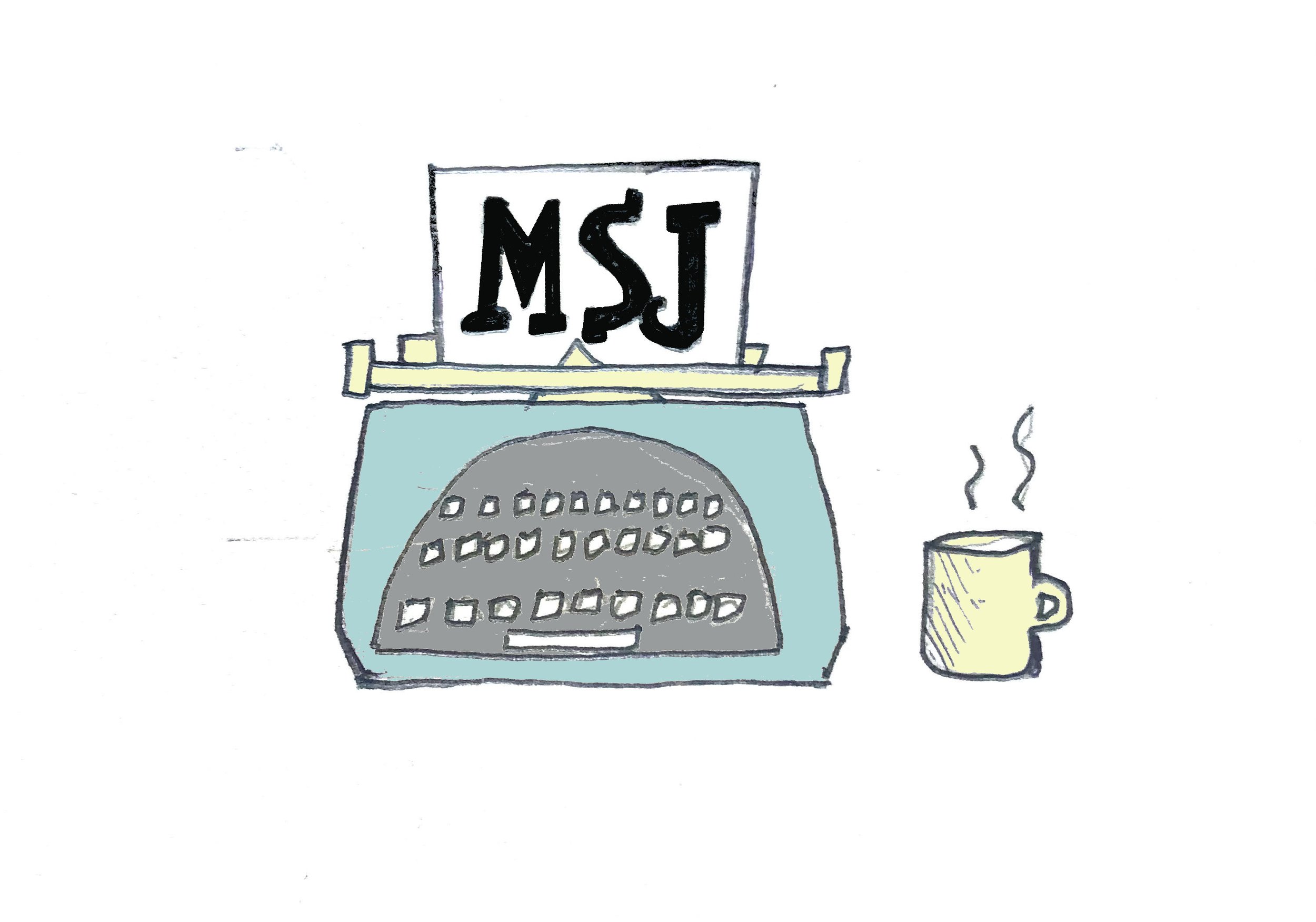Album review: FKA Twigs, Magdalene
Sophomore albums are tricky business — the more you blow our mind the first time around, the more fickle we are about your next release. Frank Ocean dealt with it by releasing his visual mixtape Endless only days before the release of Blonde, allowing it to be ingested with a clean palette; Kendrick Lamar by switching up the g-funk beats that dominated Good Kid, M.A.A.D City for the jazz inspired To Pimp a Butterfly. We’re a fickle public, yes, but if you wow us the second time around, we’re actually pretty loyal (or at least promise to give you some leeway on your third record).
Five years ago, FKA Twigs released her debut album, LP1, and shot R&B into the stratosphere. Who knew how sad and weird an R&B album could be before Twigs? And because of its spacey, glitchy beats, depressive lyrics, and Twigs’ fragile falsetto, in its trail was left a wake of R&B singers who were free to like Radiohead as much as Aliyah.
But now, it’s 2019, and we want something different from Twigs. Or at least more of the same but better. Okay, we’re not sure what we want, but this album better be it! Twigs is back with her sophomore album Magdalene, which picks up pretty much where LP1 left off, but with sharper edges and a beefier sonic palette.
While FKA Twigs has always been operatic — her epic music video for “Two Weeks” was maybe more famous than the actual song — Magdalene feels as influenced by musicals as other genres. And like all musicals, this sometimes works and sometimes doesn’t. On the album’s centerpiece “Fallen Alien,” when Twigs sings “I’m a fallen alien/I never thought that you would be the one to tie me down” over stark piano chords and David Bowie guitar riffs, it feels like a sci-fi rework of Les Miserables. But on the album’s title track “Mary Magdalene,” which features writing and production credits from experimental producer Nicholas Jaar, it sounds more like that episode of It’s Always Sunny in Philadelphia when the gang tries to put on a musical.
While LP1 worked best at its most wild (five years later, I still have the creepy song “Video Girl” in my brain), Magdalene’s strongest moments are more quaint. “Sad Day” is maybe the most radio ready song that Twigs has ever recorded, and it’s no wonder given its production credits — co-writers on this song include Skrillex, and Benny Blanco, who has written for The Weeknd and Ed Sheeran. But these pop-wizards don’t turn Twigs into a formula. The song ticks because it’s fully grounded in Twigs world. “Mirrored Heart” has a similar quality; its slow beat and grungy bass-line, which wouldn’t sound out of place on a Nirvana song, build to an emotional climax: “For the lovers who found a mirrored heart/ it just reminds me that I’m without you.” On Magdalene, Twigs shows her potential as an off-kilter, pop-singer, and while the album’s more experimental tracks are interesting, now that I know what emotional depths she can pull from a traditional pop structure, I can’t help but want more.
Any good musical needs a closing number, and the star of the show here is definitely the album’s final act. “Daybed,” Twigs collaboration with experimental producer Oneohtrix Point Never, is surely the most beautiful ballad ever written about depressive masturbation. That song gives way to “Cellophane,” the albums devastating closer — part of Twigs allure as a singer has always been her imperfections. You don’t listen to singers like Twigs, Solange, or Sza for clean tones — you listen for emotion. On “Cellophane,” Twigs uses her vocal ticks like a pro, and it may be her best vocal performance yet. When she sings “why don’t I do it for you/why won’t you do it for me/when all I do is for you,” her nasally voice barely audible over downtempo cymbals and muted snares, the sad beauty of a failed relationship comes crashing down — it’s like stuffing all of Eternal Sunshine of the Spotless mind into one 3 minute song. And then, like in real life, when, it’s over, you can’t help but replay it over and over again.

